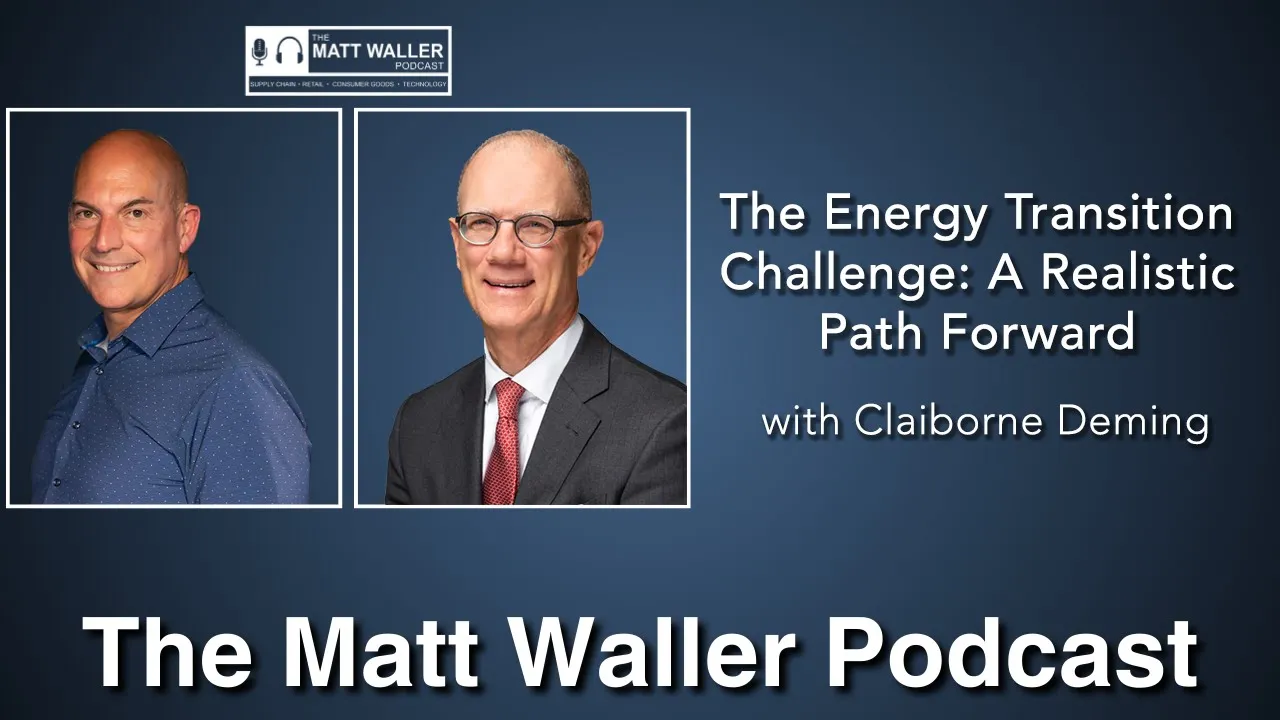Deming explains that fossil fuels will likely remain the world's main energy source for decades to come. This poses a tremendous dilemma that we must grapple with.
Claiborne explained that global temperatures have risen about 1.8°F since pre-industrial times, coinciding with increased burning of fossil fuels as countries have industrialized. Simply stopping fossil fuel use is extremely difficult due to some key barriers.
Delayed Payoff and Individual Behavior Challenges
One major obstacle is the delayed payoff problem. If we start mitigation efforts today to reduce emissions, we likely won't see a noticeable impact on temperatures for 25-50 years based on climate modeling. It's very hard for humans to make sacrifices now without seeing tangible benefits in their lifetimes.
Compounding this is the fact that individual behaviors don't make a meaningful dent - even celebrity "climate warriors" justify things like private jet travel because their personal actions don't move the needle on a global problem. These are psychological barriers.
Transnational Tragedy of the Commons
Climate change is also a classic transnational "tragedy of the commons" issue. While it's a shared atmosphere, countries prioritize their own economic interests. Emissions reduction treaties like Kyoto and Paris have utterly failed to constrain CO2 levels, which have grown 79% since 1990 as nations like China have rapidly industrialized.
The data starkly shows that China's coal consumption alone now accounts for 21% of global energy emissions, with hundreds more coal plants in the pipeline. China-India coal energy is driving rising CO2 levels. We in the West can't force them to change course.
Limitations of Current Policy Responses
The current policy approach of subsidizing renewables like wind and solar has proven ineffective at materially reducing fossil fuel reliance, even as renewable generation has surged over 6x in the last decade. People aren't giving up the energy density advantages of hydrocarbons.
Moreover, renewables face serious obstacles to fully displacing fossil fuels:
- Key population/demand centers lack sufficient renewable resources
- Grid-level battery storage is lacking to overcome intermittency issues
- Massive grid upgrades would be required for full electrification
- Factoring in the hidden costs of backup thermal power and battery storage makes renewables far less economically competitive than advertised.
A Realistic Way Forward
Given these realities, aspirations for a "net zero" emissions future completely eliminating fossil fuels look fanciful based on the unprecedented energy demand reductions required. Deming believes we can still make meaningful progress through a realistic, multi-pronged approach:
- Promote wind and solar where it makes sense based on available resources, but recognize their limitations in fully replacing hydrocarbons.
- Prioritize substituting natural gas for coal in power generation globally. This single step could reduce emissions 18% using existing technology.
- Revive investment in nuclear power as the only proven, scalable zero-carbon electricity source we have available today. Properly deal with the manageable waste issues.
- Redouble R&D into next-gen battery storage and other clean technologies that could be true game-changers.
While not eliminating emissions entirely, this balanced approach could put us on a more viable path. We must deal rationally with the real-world constraints rather than chasing fantasies that lead to ineffective policies.



Member discussion: